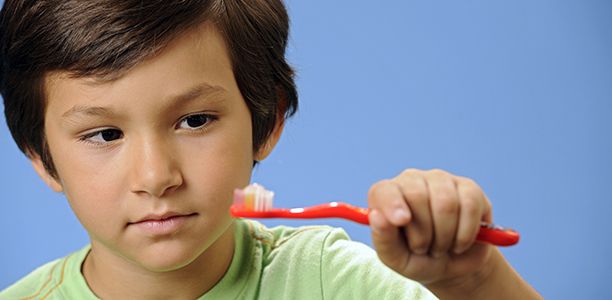A project looking at the oral health of children from migrant backgrounds found there are many significant barriers for parents accessing mainstream dental services and oral health information.
Teeth Tales is a community-based child oral health project for Australian families from migrant backgrounds.
The families who benefited from this project had children under four years old, from Iraqi, Lebanese or Pakistani backgrounds living in metropolitan Melbourne.
Maryanne Tadic, Manager of the Population Health Unit for lead partner Merri Community Health Services said it is important to develop alternative options for children from migrant families who may have difficulty accessing information and services.
“We know from previous research conducted in Moreland and Hume from 2006 to 2009, that there are different traditions and beliefs about taking care of teeth,” she said.
Lead researcher, Associate Professor Lisa Gibbs from the Melbourne School of Population and Global Health said the aim of the project was to develop more accessible services promoting child oral health that can be reproduced in other culturally diverse local government areas in Australia.
“International research shows that people from migrant backgrounds are at risk of poor oral health. This raised concerns for the oral health of local children from refugee and migrant backgrounds,” she said.
More than 650 children from these communities received dental screenings. 151 families also attended a local oral health education course led by a trained leader from their cultural group. The course consisted of six hours of oral health education over two weeks, and a site visit to the local community health dental service the following week.
Ms Tadic said that working in partnership with established cultural organisations is critical to health promotion initiatives for families with migrant and refugee backgrounds.
The discussion of traditional oral health practices needs to be incorporated into oral health promotion initiatives.
“Study designs need to include the spread of cultural networks. ‘Teeth Tales’ findings are now directly informing Dental Health Services Victoria (DHSV) child oral health clinical guidelines,” Associate Professor Gibbs said.
Early results indicate the “Teeth Tales” intervention is promising in terms of increasing tooth brushing frequency and some measures of parental oral health knowledge.
(Source: The University of Melbourne)










